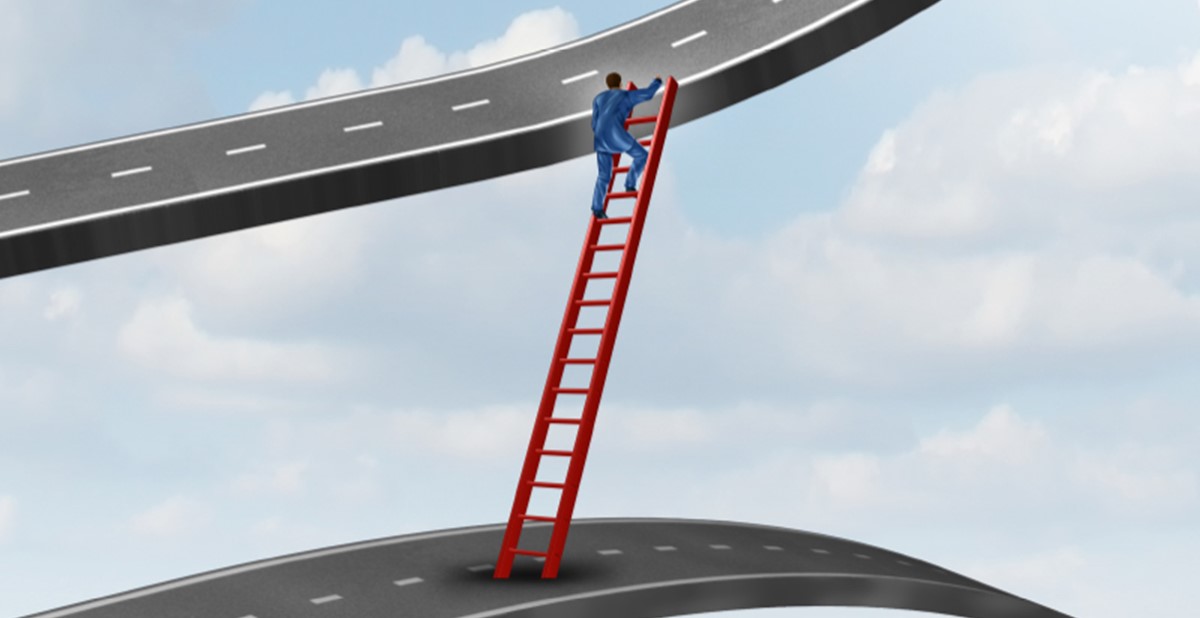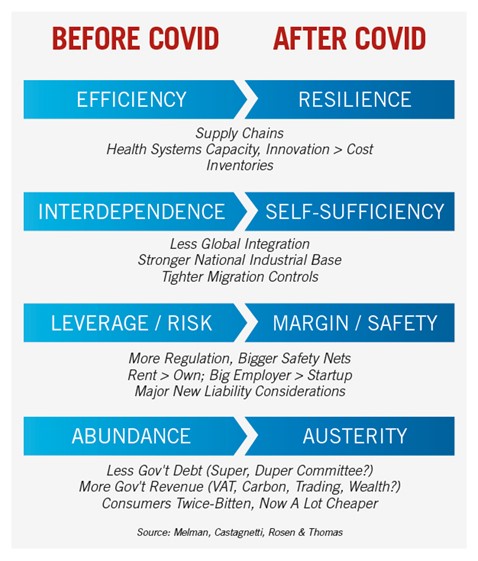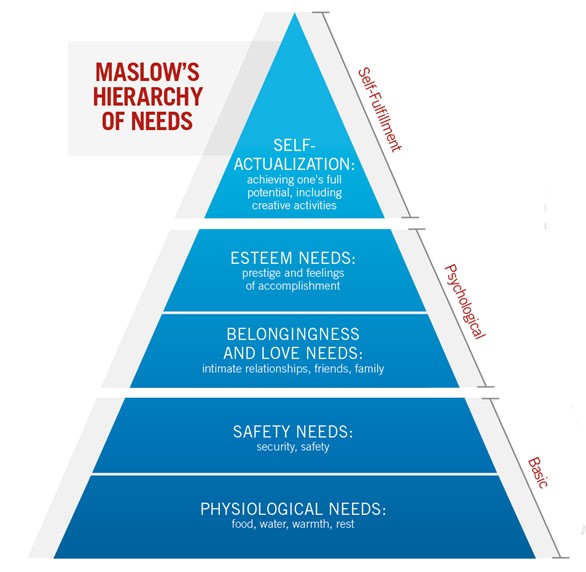Management: Shift Happens

Lightspring / Shutterstock.com
“In times of change, learners inherit the earth while the learned find themselves beautifully equipped to deal with a world that no longer exists.”
– Eric Hoffer
Have you ever had a discussion with your colleague, spouse or 14-year-old son with respect to, say, operating the new alarm system—only for them to set it off moments later? You shake your head and ask yourself, “How did that happen? I thought I was so clear! Was the explanation too technical? What did I miss?” Likely, your tutorial was brilliant; they simply weren’t listening—lights on but nobody’s home—and not feeling heard is at an all-time high.
Now, most people listen with some degree of flow in terms of focused attention; they listen, then zone out, listen, then zone out—and unfortunately the resulting errors, misunderstandings and even lost revenue are signals of a bad connection.
Remember in the olden days (January), when you ran into someone you hadn’t seen for a while—maybe on the street, at the mall or at an industry event—and they asked, “Hey, what’s new?” to which you likely answered, “Not much! How about you?” and that was true? We’re creatures of habit and are wired for routine. In fact, by the time we’re about 10 years old, 96 percent of everything we think, feel and do is automatic. It’s no wonder that in our every-day lives not much is dramatically new from one day to the next. We live through the filter of our conditioning and change tends to advance us in baby steps. Have you ever said, “Wow, where did the time go?”
Pivotal changes, however, are conversation starters—a marriage, move, business expansion, new baby or getting a book published. The proverbial pendulum can also swing in the opposite direction: a parent passes, a substantial contract is lost, an illness sets in, an investment tanks or a key employee leaves. In response to the impact those pivotal changes can have, we initially change our behaviors, then once we come to emotionally accept that new reality, we ultimately change our paradigm. Now, changing a paradigm is about as easy as writing with the less-dominant hand; at first, it’s awkward and takes considerable focus and effort over an extended period of time to feel right. During that process of change your priorities shift, which can impair your listening. You see, the brain will focus on solving its immediate problems. The more urgent the issues, the more attentive you’ll be. When shift happens, priorities change and how we allocate our resources—like time and attentiveness—shifts, too.

Multiply that paradigm shift by millions upon millions of people and that’s where we are today.
Everyone’s unique new version of self is being changed. Even though what triggered the impact of the pandemic is the same for everyone, we all change differently in response. Here’s the challenge: in a world that operates by order, and for a species that likes routine, this uncertainty can feel nothing short of chaotic.
The word that will help us redefine our relevance and grow from this impact is “priorities” and not just our priorities but the priorities of our clients, family members, suppliers, providers, associates and neighbors. Everyone’s reality is shaken, and individuals’ changed behaviors and resulting paradigm shifts are based on their unique circumstances, perspectives, conditioning and values.
It’s not that your colleague, spouse or 14-year-old son don’t love or respect you, or that your explanation of the alarm system wasn’t perfect, it’s because at the time that you were giving the tutorial, they had other priorities. They were attention-deficit by default, conserving their energy for their own needs which, at the time, were different from yours.
In a webinar presented in April by David Nicholson, president of Polyconcept North America, he referenced the new psychology drivers as identified by consulting firm Melman, Castagnetti, Rosen & Thomas. From this chart in his slide deck, we can draw a perfect parallel to Maslow’s hierarchy of needs.
The base level of Maslow’s chart lists what we need to survive: food, water, sleep and oxygen. Profit is the oxygen of any business; even not-for-profits require profit to survive. Almost overnight we descended from a point of esteem, taking calculated risks and actively looking to leverage opportunity to gasping for air. When oxygen levels appear scarce or are uncertain, the brain receives a panic signal and getting life-sustaining oxygen becomes job one.

When oxygen and water—profit and cash—begin to flow, protecting them and the people and property connected becomes the next priority. The practice of interdependence has been replaced with measures of safety and security to enable self-sufficiency. The abundance we had at our fingertips—and on a global scale—gave us the luxury of comparing resources. Now supply chains are disrupted and best price is being replaced with best value.
This new economy will call upon each of us to be entrepreneurial leaders and to operate from the point of self-actualization. As marketing master Seth Godin advises, “Average work for average people is going to be worth less than ever before. Typical employees doing typical work are going to be less respected and valued than ever before. And just as expectations are being shifted, new opportunities will arise. They always do.”
The new order will reward thinkers and learners. It will also reward those who listen with understanding and apply creativity and flexibility to solve problems. (You may be the best swimming instructor on the planet but when someone is drowning, you don’t offer them lessons. You toss them a life buoy.)
Expectations are shifting. How we communicate is shifting. How we operate is shifting. And empathy has never been a more relevant skill.
Nicholson says, “Think globally, act locally. This is a time to build a better business: invest in deeper partnerships, your community and your networks, and never let a good crisis go to waste.”
There has never been a more opportune time for reinvention, and the “better business” Nicholson refers to will be realized by understanding and communicating through priorities. Those choosing to listen first will be heard better. It’s the perfect time to ask yourself, “What can I learn? Who do I serve? How can I give?” and decide in this next chapter to become undeniably irreplaceable.
–––––––––––––––––––––––––––––––––––––––––––––––––––––––––––
Jae M. Rang, MAS, is an award-winning promotional marketing strategist, certified speaker, three-time best-selling author and most importantly, Mom. She is the founder and CEO of distributor JAE associates Ltd. in Oakville, Ontario, and educates the brilliance of the industry under the trademark SENSORY MEDIA®. Get inspired each week with her insightful Aha! Moment Monday blog at www.ahamoments.ca.

